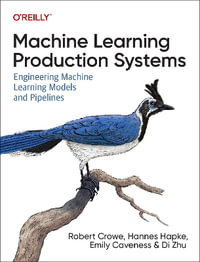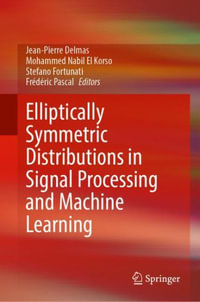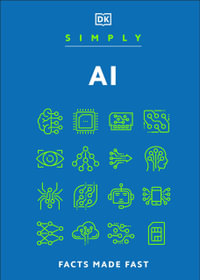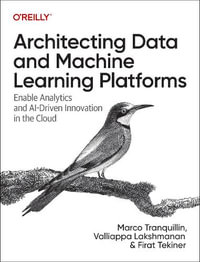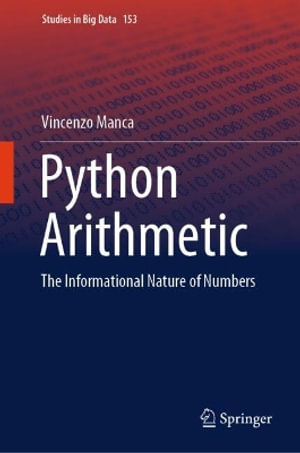
At a Glance
Hardcover
$264.27
This title is not currently in stock at the Booktopia Warehouse and needs to be ordered from our supplier.
ISBN: 9783031665448
ISBN-10: 3031665449
Series: Studies in Big Data
Published: 7th December 2024
Format: Hardcover
Language: English
Number of Pages: 116
Audience: Professional and Scholarly
Publisher: Springer Nature B.V.
Country of Publication: CH
Dimensions (cm): 23.39 x 15.6 x 0.79
Weight (kg): 0.34
Shipping
| Standard Shipping | Express Shipping | |
|---|---|---|
| Metro postcodes: | $9.99 | $14.95 |
| Regional postcodes: | $9.99 | $14.95 |
| Rural postcodes: | $9.99 | $14.95 |
How to return your order
At Booktopia, we offer hassle-free returns in accordance with our returns policy. If you wish to return an item, please get in touch with Booktopia Customer Care.
Additional postage charges may be applicable.
Defective items
If there is a problem with any of the items received for your order then the Booktopia Customer Care team is ready to assist you.
For more info please visit our Help Centre.







